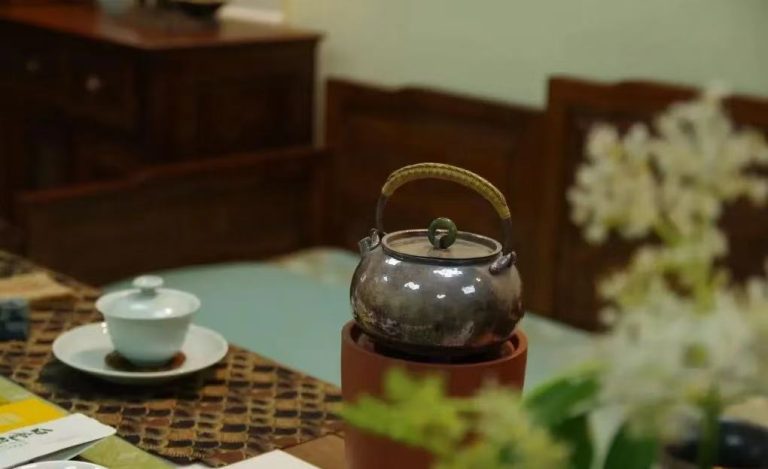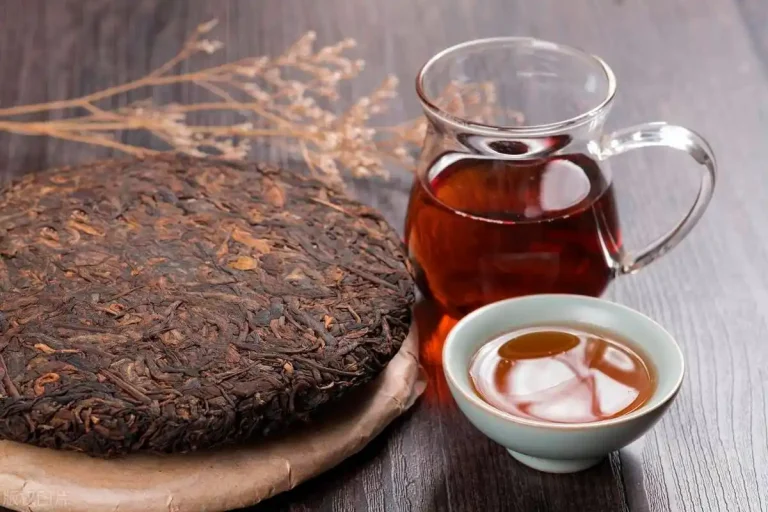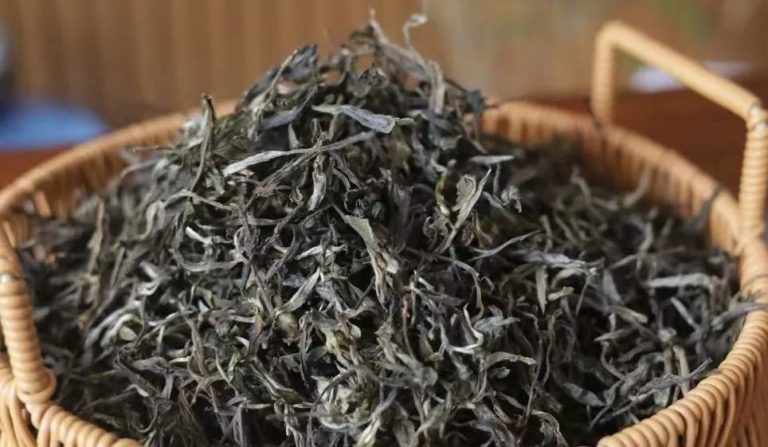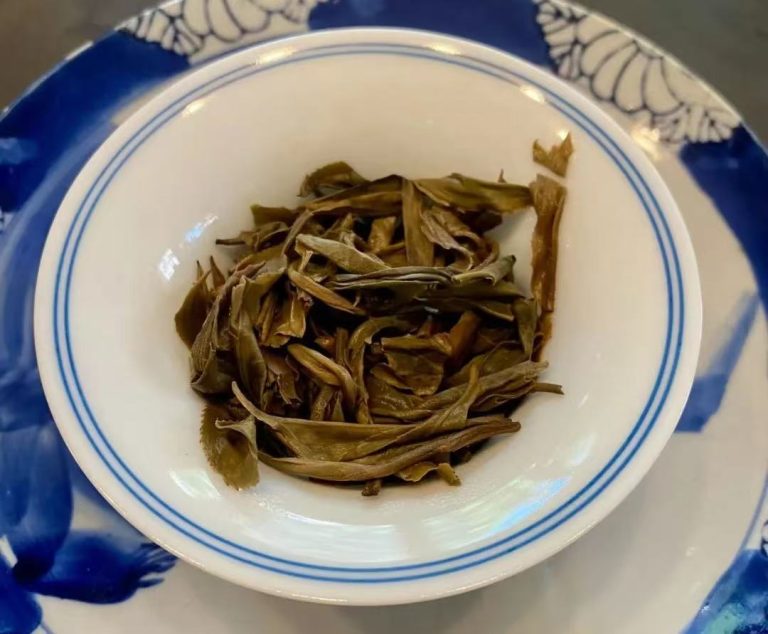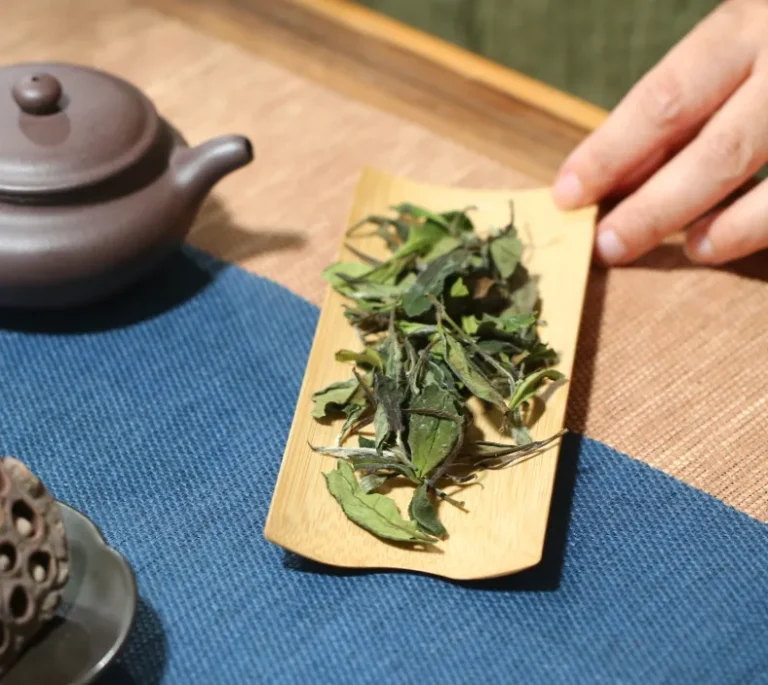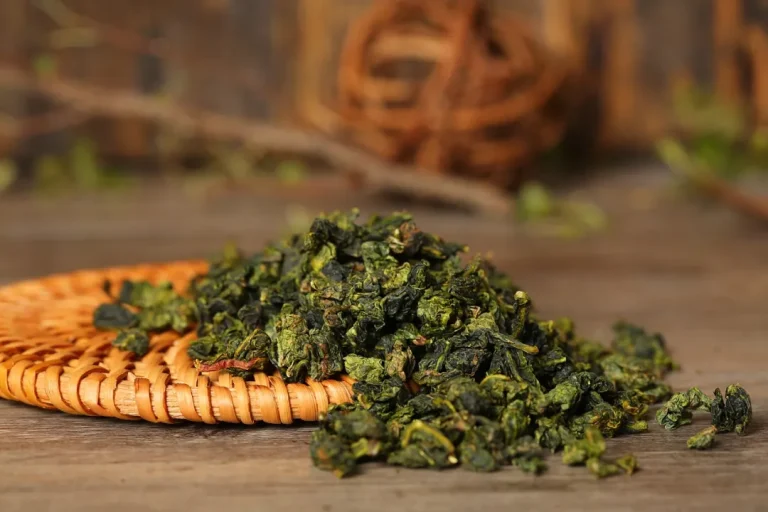Welcome to the world of tea! Whether you’re a novice or an experienced tea enthusiast, there are always questions about tea that you’d like to know more about. This article compiles 35 common questions and their detailed answers to help you enjoy every cup of tea better.
- What kind of tea set is the best for making tea?
Nowadays, the most common tea utensils are porcelain, pottery (mainly purple sand), glass and plastic. In the brewing of black tea and oolong I will choose pottery, because from the point of view of tea, porcelain and pottery is the best, its insulation is good, tea can get a better color and flavor, and beautiful shape, with artistic appreciation value.
But the brewing of green tea, especially Biluochun and silver needle when I generally use glass tea sets, glass tea sets visible in the cup of light mist mist, clarification of turquoise and the beauty of the tea buds. As for enamel, plastic tea sets, although lightweight, durable advantages, but generally in order to quench their thirst and temporary use.
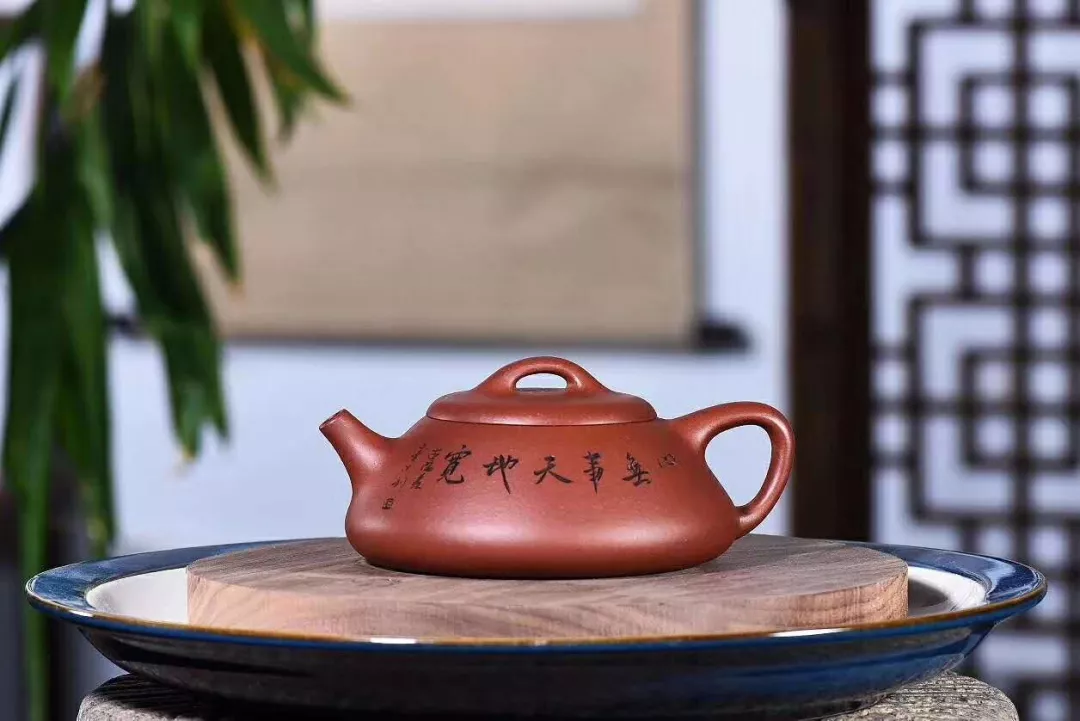
- Does water quality have any effect on tea brewing?
There are many types of water, the nature of which is different. Various kinds of water have different effects on the quality of the tea broth due to the differences in the dissolved substances they contain. Tea has a natural, pure characteristics, if the water is not appropriate will bring you a lot of tea drinking regrets.
Lu Yu’s “tea scripture” said: “its water with mountain water, river water, well water. Its mountain water, pick milk springs, stone pools, diffuse flow on the waterfall surge turbulence do not eat the …… its river water to take to go to the people far away, the well to take more than one draw.” This indicates that the best tea with spring water, spring water should flow slowly, and contains the least calcium and magnesium compounds is the best spring water.
River water is generally not ideal for tea, and well water is not as good as river water. As for rainwater, it is generally purer. However, the water quality varies depending on the time of the year when it rains. Autumn rain is the best, plum rain is the second best, and thunderstorm is the worst. –Tea Review
- What is the best temperature of water and time for tea brewing?
The mastery of tea water temperature, mainly depends on what kind of tea to drink. Green tea, especially all kinds of buds and leaves, such as silver needle and Mao Jian can not be 100 ℃ of boiling water, generally 80 ℃ is appropriate. Brewing a variety of flower tea, black tea with 100 ℃ boiling water is appropriate. –Chinese Tea Scriptures
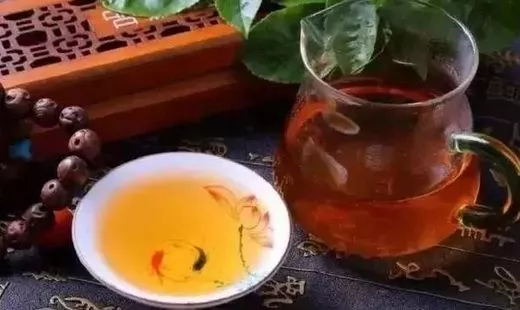
- How should the tea be stored?
Tea is preserved using advanced preservation techniques, which can ensure that the tea leaves do not deteriorate for a long time. However, the best preservation condition is to keep it at room temperature, protected from light, and in an odorless environment. If the tea has high water content or has been damp, it can be dried at about 80℃ or stir-fried and cooled before storage. A larger number of tea can be divided into 0.25-0.5 kilograms of a white paper wrapped in a dry can, altar, the bottom layer can be placed in the middle of some desiccant, desiccant type can be based on the type of tea and the convenience of the material depending on.
Storage of green tea can be used to block non-dampened lime, black tea and flower tea can be used to dry charcoal, conditions can also be used to change the color of silica gel. Canisters, altar mouth covered with layers of straw paper and pressed tightly to prevent the entry of moist air. If the number of tea is not much, can also be wrapped in paper, and then sealed with two layers of polyethylene food bag packaging, placed in a cookie box with a tight lid.
In order to avoid the tea to absorb the odor, do not put the tea and serious odor substances together, such as mothballs, soap, perfume, cigarettes, etc. should not be mixed with the tea.
Newly purchased tea canisters, canisters often have a layer of grease on the metal surface, must be wiped clean and dry, and then a small amount of waste tea rubbed, to remove the odor before loading tea. –Chinese Tea and Health
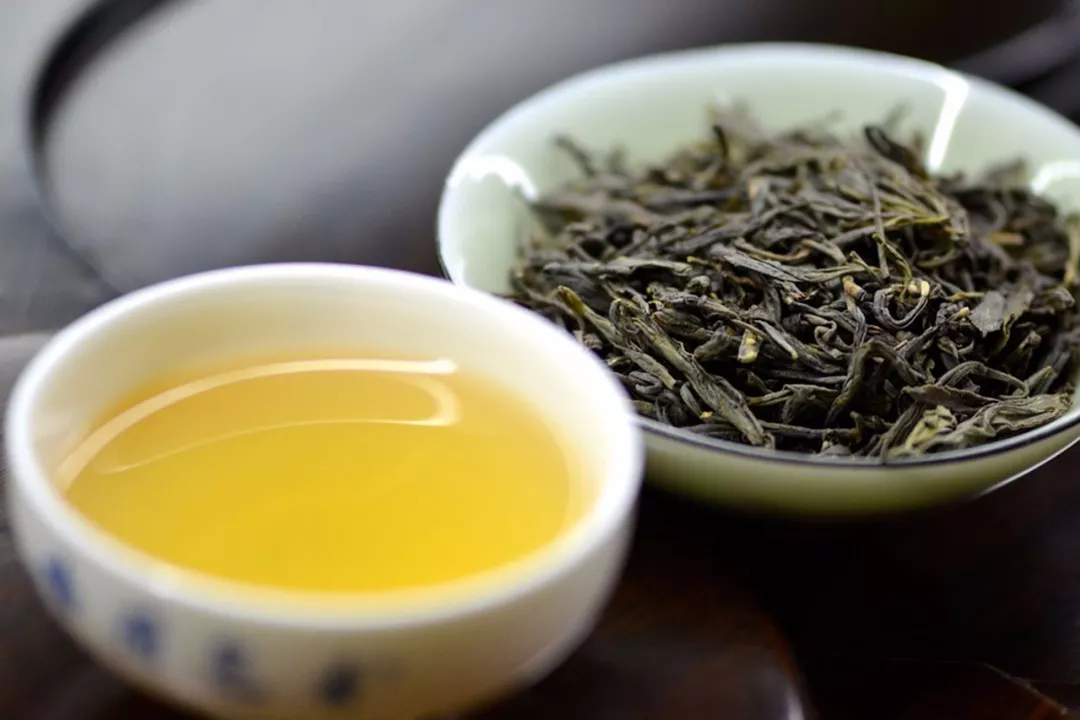
- What is the best amount of tea leaves and water to put in the tea?
To make a good cup or pot of tea, the first thing you need to know is the amount of tea leaves to use. There is no uniform standard for how much tea leaves to use each time, mainly based on the type of tea, the size of the tea set and your drinking habits. Bags of tea 2 grams per bag, with an ordinary cup brewing, the amount of tea is just right, without the need to deliberate the amount of tea leaves can drink a cup of natural and pure good tea. If you use a pot, the size of the pot according to the appropriate grasp. General tea and water ratio of 1:50-60, that is, about 3 grams of dry tea per cup to add 150-200 milliliters of boiling water.
- Is it good to take medicine with tea?
Whether you can use tea to take medication, can not be generalized, in most cases, do not advocate the use of tea to take medication, especially ferrous sulfate, ferrous carbonate, citrate, ferric amine and other iron-containing agents and aluminum hydroxide and other aluminum-containing Western medicine, encountered in the tea broth of polyphenols and metal ions combined with the precipitation, will reduce or lose the efficacy of the drug.
In addition, tea contains caffeine (also known as “caffeine alkaline”) has an excitatory effect, so when taking sedative, hypnotic, cough-suppressing drugs, also should not be served with tea, to avoid conflict between the medicinal properties of the drug to reduce the efficacy of the drug. When taking preparations such as protein and starch, tea should not be consumed, as the polyphenols in tea can be combined with them to reduce their activity. Certain biological alkaline preparations as well as atropine, aspirin and other drugs, also should not be served with tea. Taking dysentery, methyl, a small amount of tea can cause insomnia, a large amount of tea can make the blood pressure rise.
It is generally believed that tea consumption should be stopped within 2 hours after taking the drug. However, taking vitamin drugs, stimulants, diuretics, hypolipidemic, hypoglycemic, whitening drugs, generally available tea. For example, drinking tea after taking vitamin C, green tea is rich in catechins, which can help the absorption and accumulation of vitamin C in the body. And tea itself has the function of excitement, diuretic, blood fat, blood sugar, white and so on, when taking this kind of medicine, tea has the effect of potentiation. – “Is it good to take medicine with tea in the end?
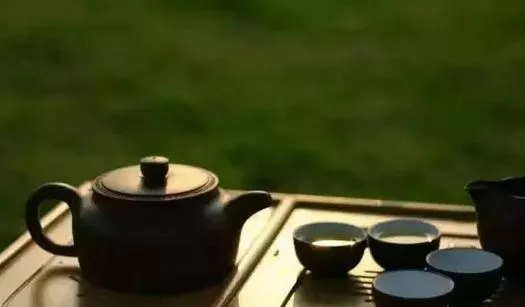
- Sometimes there will be white precipitation when brewing green tea, is there any problem with the tea leaves?
The phenomenon of white precipitation when brewing green tea is mainly a water problem, which proves that the water you use is hard water, i.e. the water contains too much calcium and magnesium compounds. The main component of this white precipitate is calcium oxalate. Because tea has a high content of oxalic acid, which can combine with calcium ions in the water to form calcium oxalate, which is insoluble in water, so as to produce precipitation, which has nothing to do with the quality of tea leaves. –What is the white precipitation that appears when green tea is brewed with hard water?
- Black tea will be cloudy on the surface after cooling, what is this?
There will be turbidity on the surface of black tea after cooling, the turbidity of black tea after cooling is academically called “after cooling”, this turbidity is mainly due to the combination of caffeine, theaflavin and thearubigin. The normal “cold cloudy” phenomenon of tea broth is generally a sign of good tea quality, which can be used as a method of selecting black tea. -Tea Review and Inspection
- Is Bitter Tea a real tea?
Real tea is processed from fresh leaves picked from plants of Camellia sinensis and Camellia sinensis. Bittering tea belongs to the genus Wintergreen, so bittering tea is not strictly speaking a tea. Bittersweet tea is made from bittersweet wintergreen through the processing of tea, according to clinical trials have proved that bittersweet tea has anti-inflammatory and analgesic, cooling and detoxification, lowering lipids, lowering blood pressure, weight loss effect, known as health care tea, beauty tea, lowering blood pressure tea and life tea.
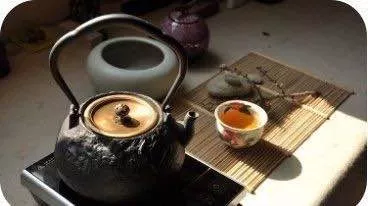
- I am not very familiar with tea, can you give some advice on what tea I should drink the most suitable?
Generally speaking, the tender and famous tea leaves have higher nutritional and medicinal components than the coarse and old ones, and the green tea is higher than the black tea. For specific individuals, I offer the following advice based on the efficacy of various teas, and you should be able to find which tea is right for you:
The body is relatively weak people, should drink black tea, add some sugar or milk in the tea, both to increase energy and supplemental nutrients, ginseng tea, ginseng tea and ginseng tea has the effect of nourishing and strengthening the body, the body is very helpful to weak people; young people are in the developmental period, in order to drink green tea as well; before and after the menstruation period of women as well as the menopause, you can drink floral tea, especially jasmine tea, which has a detoxifying liver and resolving depression, the efficacy of the gas regulating the menstruation; hope to lose weight. People who want to lose weight can drink more oolong tea and pu-erh tea; people who are often in contact with toxic substances can choose green tea as a labor protection drink. –China Food Newspaper
- When is drinking tea most beneficial to the body?
A cup of tea in the morning can help wake up and refresh the mind, drinking tea between jobs can eliminate fatigue, enhance vitality, improve thinking and judgment, while smoking while drinking tea can reduce the toxicity of tobacco oil and nicotine, watching TV with some tea can help restore eyesight and can lift the harm of weak radiation. Such as the above, the most appropriate time to drink tea is due to people, due to the environment, due to working conditions and differences, not necessarily in a particular time to drink tea is beneficial. To quench the thirst for the purpose of drinking tea, more casual, thirsty can drink.
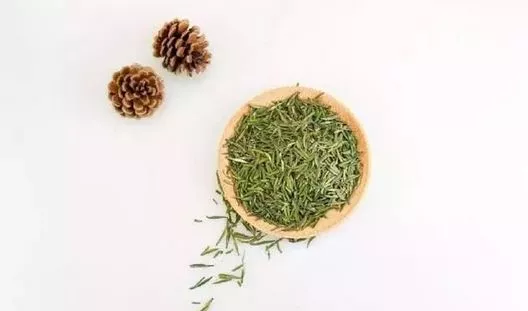
- drinking strong tea can really relieve alcohol?
“Drinking tea can relieve alcohol”, everyone says, but whether it can really relieve alcohol many people are not sure. In fact, drinking strong tea can really solve the problem.
After drinking alcohol, people mainly rely on the role of alcohol hydrolysis in the human liver, alcohol hydrolysis into water and carbon dioxide, this hydrolysis requires vitamin C as a catalyst. Therefore, drinking a few cups of strong green tea and oolong tea after drinking, on the one hand, can supplement vitamin C. On the other hand, the caffeine in the tea has the effect of diuretic, which can make the alcohol discharged out of the body quickly.
After drunkenness, people tend to have dizziness, headache and uncoordinated body functions because of the paralyzed state of brain nerves. Drinking strong tea can stimulate the paralyzed central nervous system of the brain and effectively promote metabolism, thus playing the role of sobriety.
When you drink too much alcohol, you may want to drink a cup of ginseng tea, ginseng tea using the best quality Chinese ginseng with the above green tea, both ginseng and green tea functions, nourishing and strengthening, promote metabolism and other effects, sobering up the effect is better.
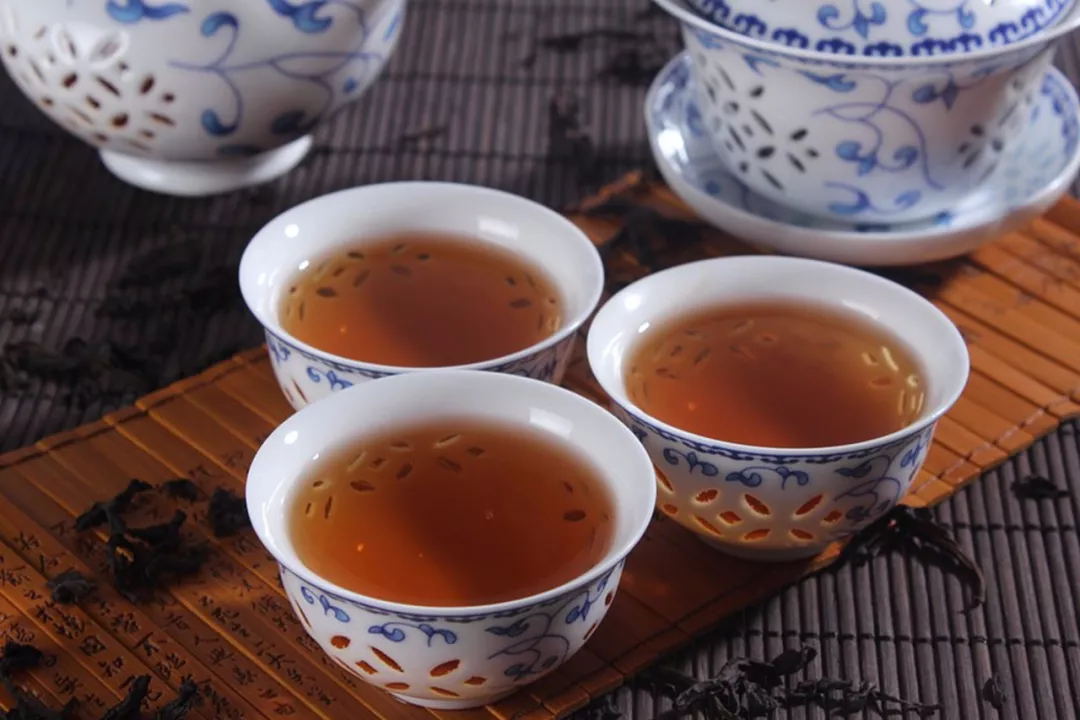
- tea is hot or cold health?
Answer: Many people like to drink hot tea, it is understood that drinking strong tea above 80 ℃, will make the tannins in the tea leaves in the esophagus scalded parts of the precipitation, and constantly on the esophageal wall epithelial cell stimulation, prompted by its mutation. Mutant cells can evolve into tumor tissue after proliferation, so that people suffer from digestive tract cancer.
Tea brewed with boiling water is best cooled to below 70 ℃ before drinking, that is, when touching the ceramic or glass teacups with your hand, it is no longer hot for the most appropriate. –Tea Biochemistry
- Why can drinking tea refresh my mind? Does it have side effects?
The caffeine contained in tea can excite the nerve center and produce the effect of refreshing, and its degree of excitement depends on the amount of dosage. Moreover, caffeine can eliminate fatigue and resist the toxic effects of alcohol, nicotine and morphine. After all, the side effects of caffeine are temporary. Caffeine does not accumulate in human blood and is usually excreted with human metabolism within a few hours. -China Food Science and Technology Network
- Sometimes I have insomnia due to drinking too much tea, is there any solution?
Caffeine and flavanol compounds in tea can promote the activity of adrenal gland and prevent the degradation of catechol in blood. In addition, they also induce the biosynthesis of catecholamine, which has the function of promoting excitement. If you are one of those who drink tea and easily lose sleep, then please do not drink strong tea in the evening to ensure a good dream.
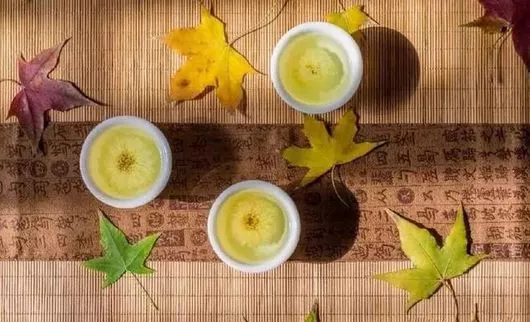
- Will drinking tea really make me drunk?
Tea contains complex polysaccharide catechins, which is an effective water-soluble component of hypoglycemia, when drinking tea on an empty stomach, because the body’s blood sugar is low, and then the intake of complex polysaccharides, catechins, people’s blood sugar will be further lowered, thus triggering dizziness, panic, weakness, trance and other symptoms, that is, the so-called “tea intoxication”. If you do not want to put down your teapot, you can eat some snacks, you can eliminate the “tea drunkenness.
- in the purchase of tea how to identify the advantages and disadvantages of tea?
In fact, to identify the advantages and disadvantages of tea must first pay attention to the following two aspects: one is the dryness, the second is the freshness.
When buying bulk tea, you can use two fingers to pinch the tea, such as research into powder, indicating that the tea is drier, its moisture content of about 6% -7%, is a qualified standard. If you can not research into powder, can only research into a fine slice, that the tea has been hygroscopic, dryness is not enough, its water content is often more than 9%, should not buy this high water content of the tea.
New tea has a unique new tea flavor, aroma and taste are fresh feeling. Whether the tea is fresh or not, from the appearance of the color and lustre on the preliminary identification, new green tea color or dark green glossy, black tea black and shiny. In addition to grabbing a dry anti-tea smell of tea, no moldy odor for normal products. Selection of small packaged tea should be clear or ask the date of packaging, generally small packaged tea more than one year, it is very easy to absorb moisture and deterioration.
In addition, when buying, pay attention to recognize the quality of packaging, the degree of integrity and packaging materials, moisture-proof performance.
- tea in the storage process sucked in the odor, how to deal with and prevent it?
Tea has a strong adsorption, especially the alkenes it contains, so it is best not to store tea in the storage of tea in an odor environment, packaging materials should not be odor, while the tea packaging should be sealed to reduce contact with the outside environment.
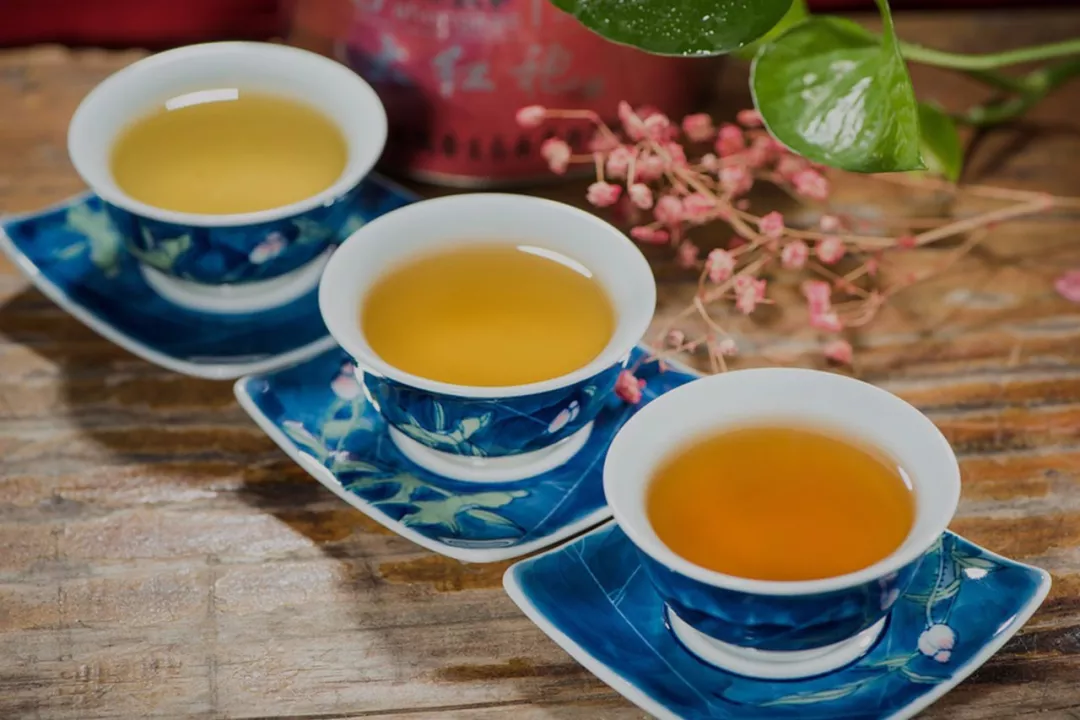
- How much tea is appropriate for a person to drink every day?
There is no strict standard for the amount of tea to be consumed, and it varies from person to person. Generally speaking, healthy adults who have the habit of drinking tea should drink 6-10 grams per day and brew it 2-3 times; people who are engaged in physical activities and have a large amount of food should drink about 20 grams of tea per day; people who eat a lot of greasy food, smoke and drink a large amount of alcohol can also increase the amount appropriately; people who are old and weak in blood and blood, those who have a cold spleen and stomach, and those who are pregnant women and children should reduce the amount of tea appropriately. –DXN Tea Scriptures
- Is it good to drink strong tea?
Strong tea refers to excessive amount of tea leaves (usually 3-4 grams in a cup). Drinking strong tea is good for people with dampness-heat syndrome, people who smoke or drink too much alcohol, people who eat greasy meat, and it is helpful for people who have unfavorable urination, inflammation of the oral cavity, and sore throat, but the rest of the people I suggest should not drink strong tea.
- cold tea and overnight tea can drink?
From the nutritional and hygiene point of view, I think that overnight tea is generally not suitable for drinking. As for cold tea, if there is no deterioration, you can drink it. But you can not drink a part of the tea broth after a long period of time to drink. Currently on the market canned tea is cold tea, such as the strict sterilization process can be consumed. It should also be noted that the old, weak blood, spleen and stomach cold people can not drink cold tea and overnight tea.
- a cup of tea brewed a few times for good?
This is a very generalized question, different tea is different. General black tea, green tea and floral tea, brewing to three times appropriate, three times after the tea flavor tea flavor is gone. Oolong tea brewing due to the amount of tea leaves, up to 5-6 times.
- Why is there a bitter flavor in tea soup? Why is the degree of bitterness different for different teas?
The bitter flavor in tea broth is mainly caused by polyphenols and caffeine-induced anthocyanins contained in tea leaves. The bitterness of tea is determined by the combination of tea types, tea tree varieties, seasons and production process. Such as large-leafed species than small-leafed species of tea contains high polyphenols, summer tea than spring tea anthocyanin content is high, in the production process of polyphenols, anthocyanins into more, the bitter taste is low or no, and not enough conversion will produce a bitter taste.
- Is it good to drink tea that has been steeped for a long time?
The chemical composition of tea brewed for a long time is different from that of freshly brewed tea. Tea polyphenols, amino acids oxidation polymerization, taste deterioration, lipid hydrolysis, and carotene oxidation, rancidity, vitamin oxidation, volatilization of aroma substances, heavy metal content in the tea increased, and prolonged contact with the air, the bacterial content of the tea increased. So tea should not be steeped for a long time.
- in the brewing tea surface will often have foam, what is this foam? Can I tell the quality of tea from the amount of foam?
Foam when brewing tea is mainly tea saponin, tea saponin has a strong foaming ability. However, its content in tea is very low, and it has no effect on the color, aroma, taste and other qualities of tea. Thus it is not possible to tell the quality of tea from the amount of foam. –The Comprehensive Utilization of Tea
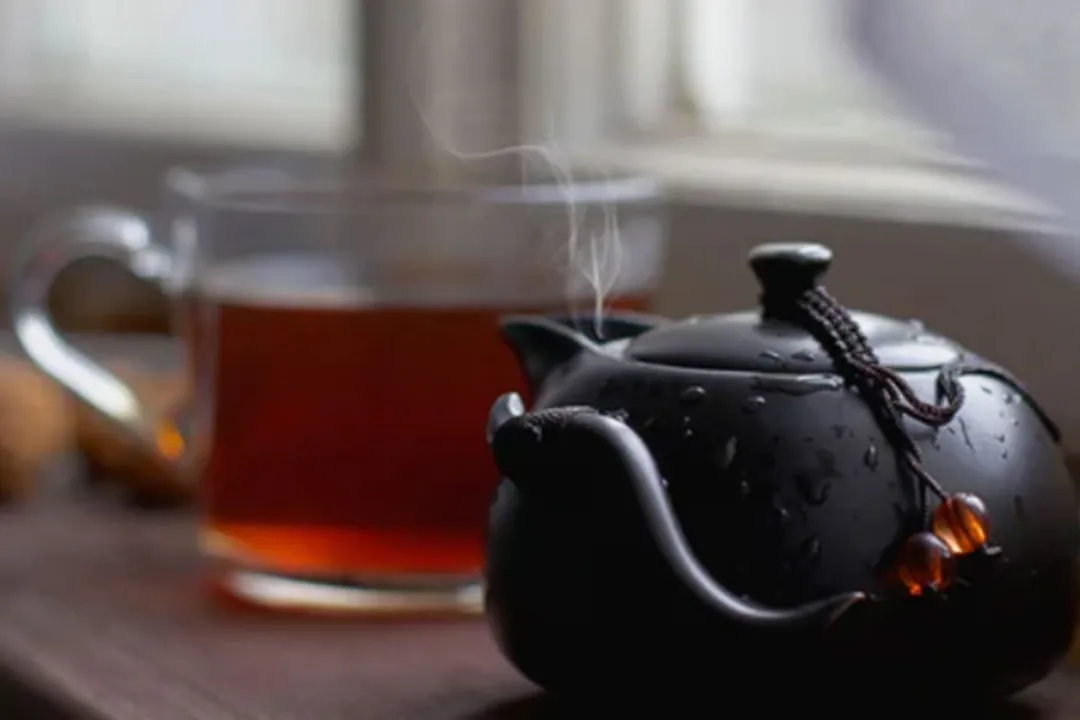
- Can I get the same effect of drinking tea by adding tea leaves to food?
General drinking tea consumption is only its water-soluble substances, and the water-soluble substances in tea leaves only account for about 40% of the dry weight of tea leaves, most of the insoluble substances are mainly dietary fibers, proteins, lipids, pectin, starch, fat-soluble vitamins, etc., which are not utilized in the consumption of food, and it will be more advantageous to your health if you consume the tea leaves directly. — “Tea in Foods
- What are the main applications of tea in food?
This question can not be answered in a few words, because tea has good health care functions, its application in the field of food research is being actively carried out, Japan’s research in this area has been far ahead. I can only briefly say some of the situation: one of the most important tea as a natural antioxidant, widely used in animal and vegetable fats and oils, baked goods, aquatic products, meat products, flavorings and beverages and so on.
Tea as a food composition improver added to food is also increasingly popular among consumers. Such as tea for tea bread, because tea contains some special chemical composition, can increase the volume of bread, increase the bread of anticorrosive deterioration ability, so made of tea bread is not only fragrant and tasty, special flavor, and very loose, good package storage.
In addition, tea is also used as a natural health food additives, such as tea from the tea leaves to extract tea polyphenols added to other foods to be made into anti-cancer, anti-aging health food.
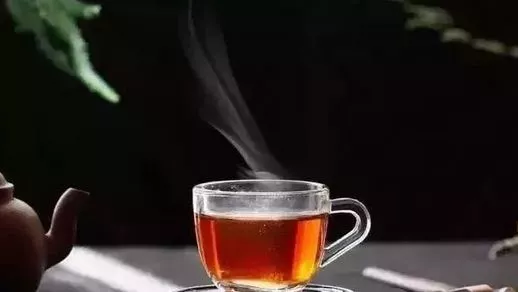
- after brewing tea dregs have other uses?
The average person will pour the tea dregs after drinking tea, in fact, the tea dregs are rich in dietary fiber and inorganic substances and insoluble proteins, fat-soluble vitamins, etc., these substances are not being used. Some Japanese experts committed to tea research and physicians, cooks together to establish a “tea dishes will be”, advocating that people not only “drink tea” but also “eat tea”, in short, is the consumption of tea dregs, that is, the dregs of tea with an electric oven micro-heating and drying after storage for use, like ordinary vegetables, such as the batch of cooking out of a variety of dishes.
By “eating tea” can be consumed about 11-18% of dietary fiber, which is particularly necessary after eating high-fat or high-cholesterol diet, the prevention of colon cancer, treatment of diabetes, constipation and reduce cholesterol are important.
- I want to make some tea food at home by myself, do you have some good suggestions?
In fact, Japan is now very popular homemade tea food, such as in recent years in Japan to consume tea rice fashion, in the cooking of rice with tea tea tea instead of water, made of rice both attractive natural flowers and tea aroma, but also health care and health care to get rid of diseases and prolonged life, especially in the summer and fall seasons with tea to cook rice to eat can be expelled from the wind to dissipate heat and prevent and control dysentery.
Burning fish with tea can be fishy, boiled beef with tea quickly rotten, increase the aroma; made of tea noodles in the pot is not paste, and the flavor of fresh mouth; there are tea chicken soup, tea boiled eggs, tea buns and so on. Tea leaves with skillfully made food can not only enhance appetite, good health, but also can add some interest to life, it is worth promoting.
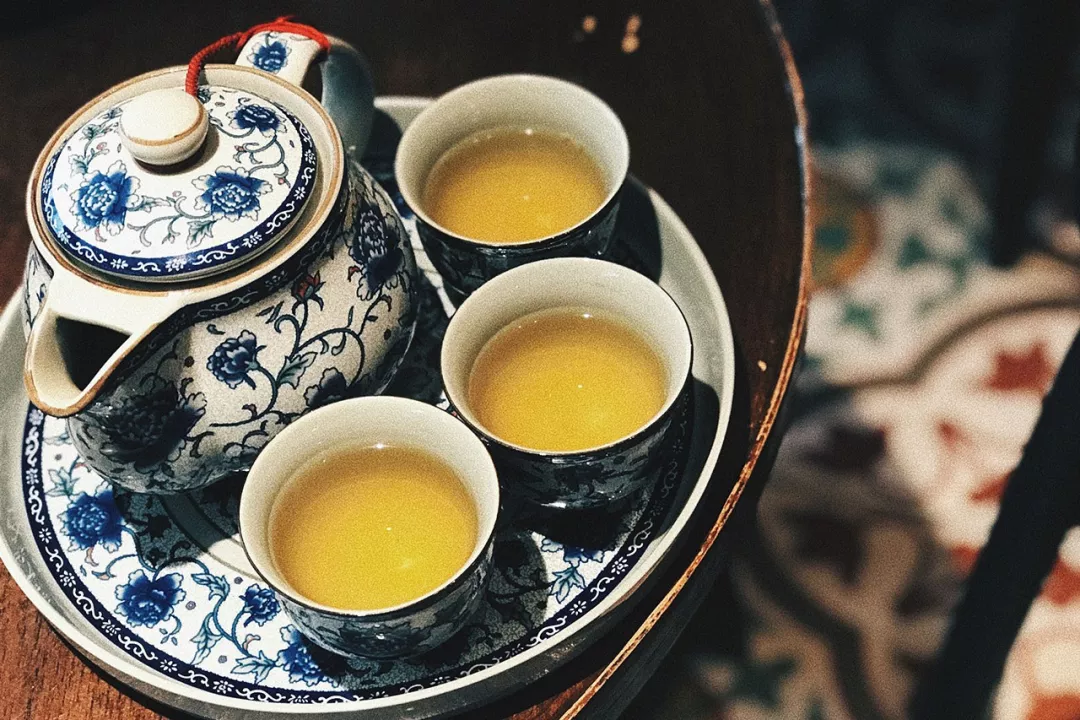
- Will storing tea leaves for a long time affect the quality of tea?
The factors that affect the quality of tea are mainly temperature, light and humidity. If the storage method is appropriate, reduce or eliminate these factors, the tea can be preserved for a long time. If the tea is stored improperly, the chemical composition of the tea leaves will change significantly, mainly in the following aspects: the appearance of stale taste; the color of the soup becomes brown and dark; the concentration of taste, astringency and freshness decreases.
- why can’t we use cold water to brew tea?
Tea focuses on the smell of its aroma, see its color, taste its flavor, and the volatility of the aroma is in the process of hot water evaporation of steam brought out of the aromatic substances caused by; its color, taste is the amount of water leachate to determine the number of tea leaves, because some of the tea contains ingredients that are heat-soluble, and only in hot water can be very quickly appreciate the color, aroma, taste of the tea leaves.
- what are the types of tea?
Tea in our country is mainly divided into six categories, namely black tea, green tea, green tea (also called oolong), yellow tea, white tea, black tea. The teas on the market are all types of these six major types of tea.
- When and in what environment do you like to drink tea?
Drinking tea is not only good for health, but also a kind of enjoyment, should not be limited to the time and environment. I often drink a cup of natural and pure Korean ginseng tea or American ginseng tea during my busy work day, which is very helpful to the tired body and mind. I especially like to brew a pot of flower tea with my family after work in a relaxing atmosphere and enjoy the flavor of nature. I’ll brew a pot of Jelly Top Oolong when I’m chatting with friends.
- Who actually discovered tea?
When it comes to the discovery of tea, it goes back to more than two thousand years BC. Legend has it that Shen Nong tasted 72 kinds of poisonous herbs after the poisonous gas gathered in the abdomen, can not be self-control. Lying under a tree to rest, suddenly a leaf blown down by the wind fell into the mouth, sweet and mellow fragrance, the spirit of a revitalization, he chewed the tree on the young branches and leaves, poisonous gas suddenly subsided. Those leaves are our tea today.
- the history of the development of tea in China is how?
Our country has long been circulating a saying that “open the door seven things, wood, rice, oil, salt, soy, vinegar and tea”, tea as an indispensable necessity in daily life, tea in our country to have a history of more than three thousand years.
The development of tea first from the Shennong period to the early Spring and Autumn period, initially as a sacrifice; second from the late Spring and Autumn period to the early Western Han Dynasty gradually as tea food; and second from the early Western Han Dynasty to the middle of the Western Han Dynasty, the development of medicinal; again from the latter part of the Western Han Dynasty to the era of the Three Kingdoms, the development of the court as a high-level beverage; finally from the Western Jin Dynasty to the Sui Dynasty gradually become an ordinary beverage; to the Tang and Song Dynasty for the “people a day can not do without” beverage. –Tea Making
We hope that through these 35 answers, you gain a deeper understanding of tea and become more adept at enjoying it. If you have more questions or need further information, feel free to reach out to us. May every sip bring you joy and wellness.
